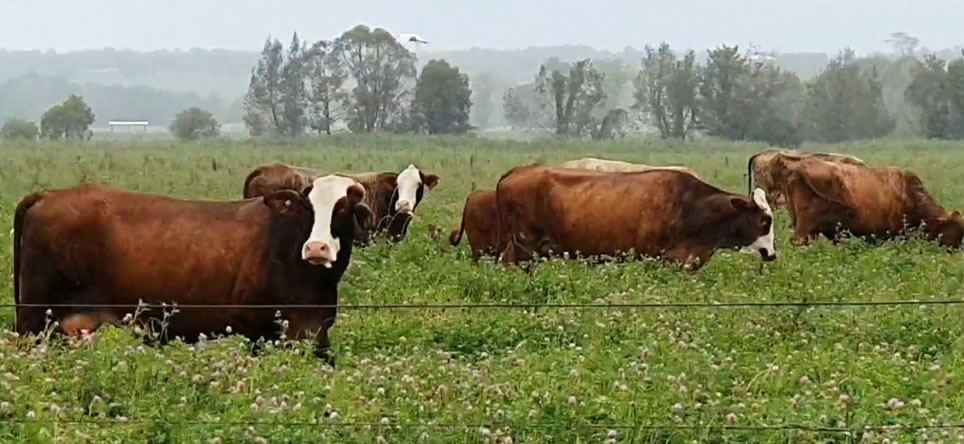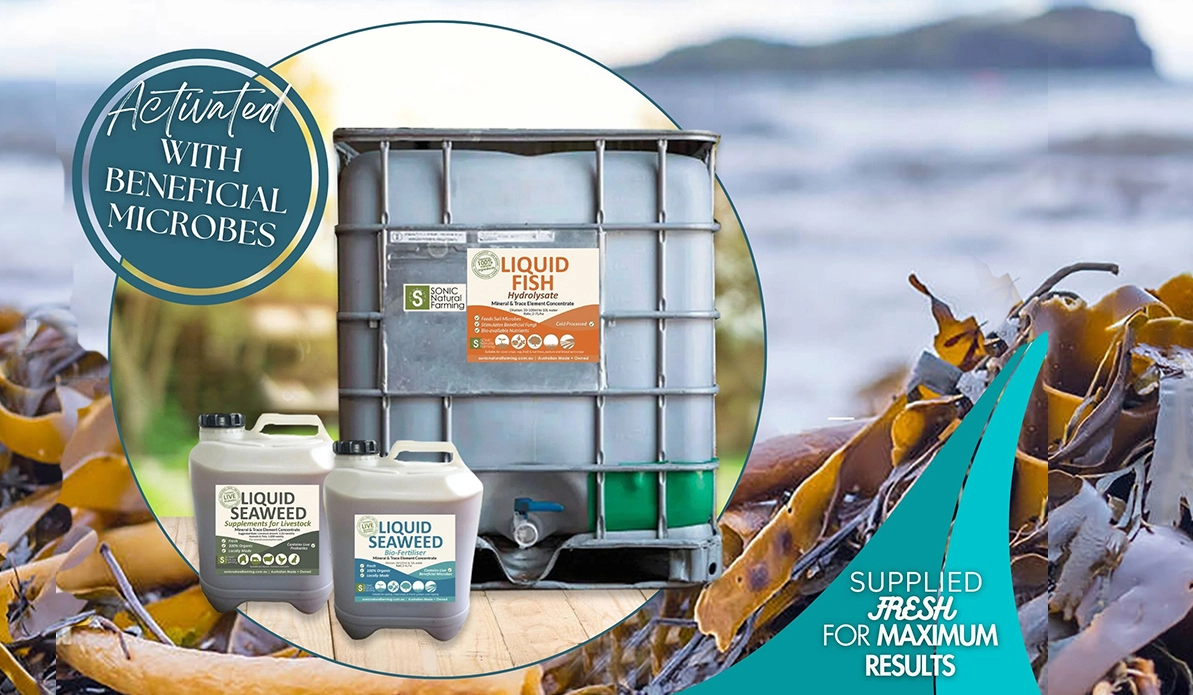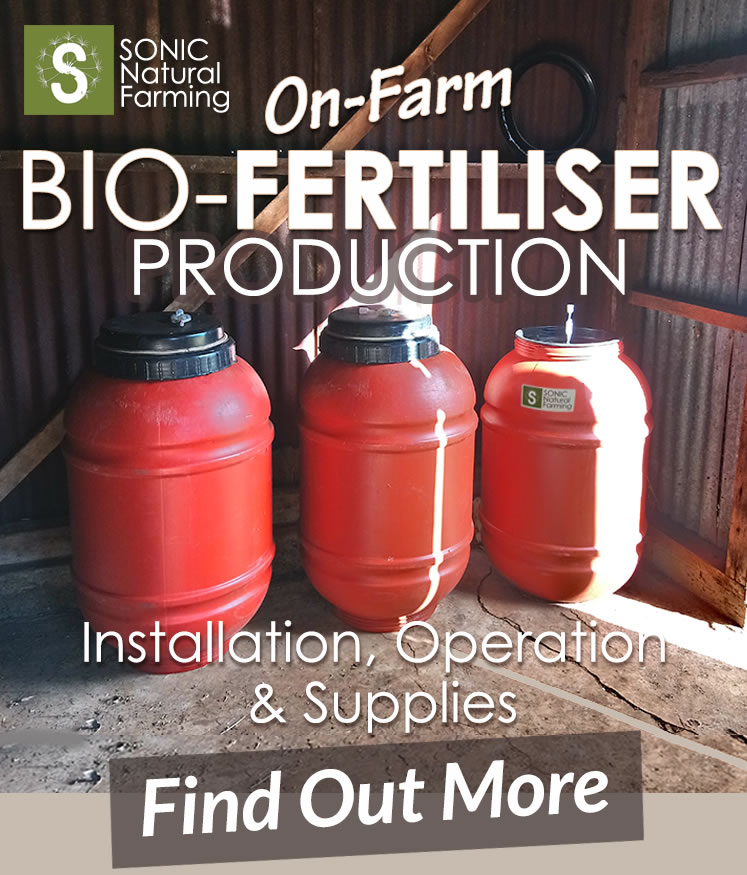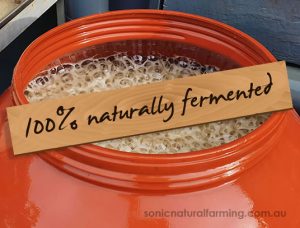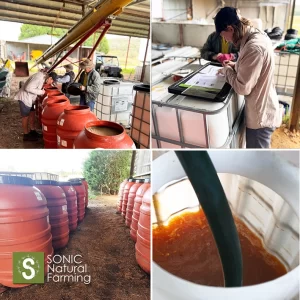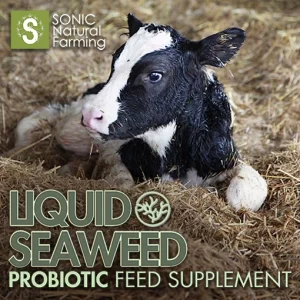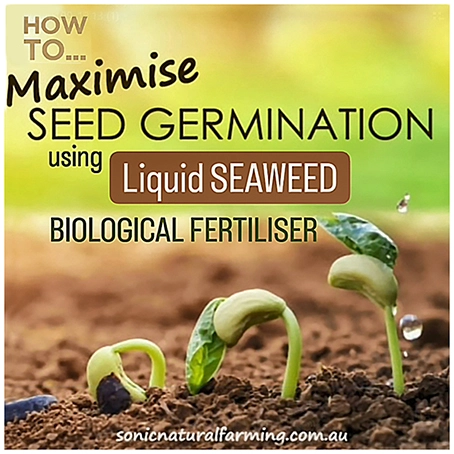Ensuring that livestock receive a nutrient-dense diet full of organic nutrition is crucial for their overall health and productivity. In this article we explore 3 ways you can optimise nutrition for livestock.
Ruminant Digestion
The digestive system of ruminant animals, such as cows, sheep, and goats, is specially adapted to extract maximum nutrition from the plants they have eaten. Ruminants are unique in their ability to break down and digest plant material that is high in cellulose, a complex carbohydrate that is difficult for many other animals to digest.
The key to this process is the rumen, the first compartment of the ruminant’s four-chambered stomach. The rumen is home to a diverse community of microorganisms, including bacteria, protozoa, and fungi, that work together to ferment and break down the cellulose in the plant material. This fermentation process releases volatile fatty acids that the animal can then absorb and use as a source of energy,then to convert feed, ie pasture, into nutrients for milk, wool, or meat production.

Photo credit: Maghagsci.blogspot.com
In addition to the rumen, ruminants also have a reticulum, omasum, and abomasum, see image above, each with specialised functions that contribute to the efficient digestion of their plant-based diet.
This complex digestive system allows ruminants to thrive on a nutrient-dense diet of grasses, legumes, and other forage, making them an important source of food. Let’s dive in and explore our top 3 proven ways to optimise livestock nutrition.
1. Leverage Plant Diversity to Optimise Nutrition
One effective approach, to optimise livestock nutrition, is to leverage the diversity of plant-based resources available.
Growing a diversity, of different plant families together, produces nitrogen, phosphorus, potassium, calcium, magnesium and other minerals and trace elements. By incorporating a variety of plant species into animal feed, farmers can provide a comprehensive range of essential nutrients.
Plant diversity offers a rich tapestry of phytochemicals, antioxidants, and other beneficial compounds that can support various aspects of animal physiology. For instance, certain plants may be high in protein, while others excel in providing essential fatty acids or trace minerals. By blending these complementary plant-based ingredients, farmers can create a balanced and nutritious diet that meets the specific needs of their livestock.
A diverse plant-based diet, for livestock, can help mitigate the risk of nutrient deficiencies and promote overall animal well-being. This approach not only benefits the animals but also contributes to the sustainability of the farming ecosystem, as it reduces the reliance on synthetic supplements and promotes the utilization of local, renewable resources.
Furthermore, multi-species cropping has also been shown to support and build a healthy soil microbiome, which is essential for accumulating nutrient density in plants. By increasing the number of beneficial microorganisms in the soil, you can improve crop resilience and nutrient content.
See Article ‘How To Increase Soil Fertility with Mixed Species Planting’
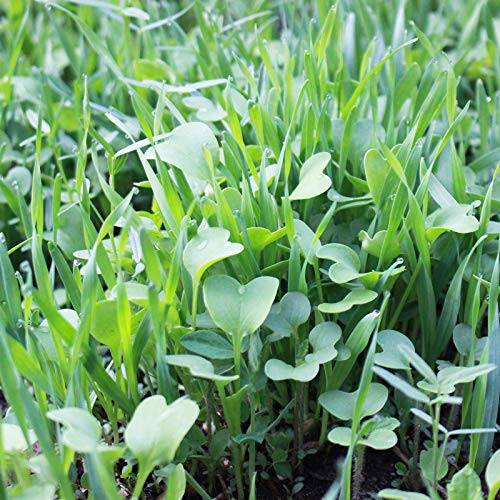
Livestock grazing nutrient dense pastures are less likely to experience health problems, and are overall calmer and happier animals. This approach not only improves animal welfare, but also reduces veterinary expenses.
2. Boost Soil Biology to Optimise Nutrition
A key factor in achieving healthy pastures, is optimising the biology of the soil. By supporting diverse planting and soil life, farmers can unlock greater nutrient cycling and availability for plants, leading to more nutritious grass and other forages.
Some key practices to boost soil biology include minimising tillage, increasing organic matter inputs, using Biological Fertilisers, and avoiding synthetic fertilisers and pesticides. This encourages earthworms, fungi, bacteria and other beneficial organisms to thrive, breaking down organic matter and making nutrients more accessible to plant roots.
Healthy, biologically active soils don’t just improve nutrition – they also enhance drought resilience, water infiltration, and soil structure for better grazing conditions. Investing in soil biology is an investment in the long-term productivity and sustainability of your pastures and livestock operation.

Biological Fertiliser activates beneficial microbes in the soil. By increasing the number and diversity of microbes in the soil, you can create a more nutrient-rich environment for your plants. This, in turn, leads to higher levels of nutrients in the food or pasture you produce.
By using plant diversity and Biological inputs, you can ensure that your farm is able to grow nutrient dense produce or feed.
3. Use Probiotic Minerals to Optimise Nutrition
Seaweed-based Probiotics can be a game-changer for livestock nutrition. These all-natural liquid supplements harness the power of seaweed to improve digestive health and nutrient absorption in animals.
Seaweed is rich in a wide array of essential vitamins, minerals, and antioxidants that can directly benefit livestock. When provided as a probiotic, the unique compounds in seaweed work to support a healthy gut microbiome. This, in turn, enhances the animal’s ability to extract maximum nutrition from their feed.
Improved digestion means livestock can more efficiently convert the nutrients in their diet into energy, growth, and overall wellbeing. Seaweed probiotics may help reduce instances of digestive upset, constipation, and other common gastrointestinal issues that can impact animal productivity.
By incorporating seaweed-based probiotics into animal feed, producers can give their livestock a natural nutritional advantage. This sustainable, eco-friendly approach supports the health and vitality of the animals while delivering superior results.
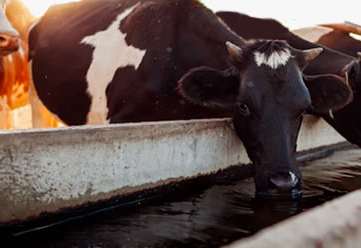
Read Article – ‘Livestock Digestive Function: Key to Feed Efficiency’
Optimising livestock nutrition is crucial for maintaining healthy and productive herds. By focusing on plant diversity, farmers can ensure their animals receive a broad spectrum of nutrients, promoting overall health and resilience.
Boosting soil biology enhances plant mineral uptake, which directly translates to more nutrient-rich forage for livestock. Additionally, incorporating probiotic liquid mineral seaweed supplements into your feeding regimen can provide essential minerals and beneficial microorganisms that support digestive health and boost immunity.
By implementing these three strategies, farmers can significantly improve the nutritional value of their livestock’s diet, leading to better growth, health, and productivity.
RELATED EXTERNAL LINKS
Regenerative Livestock Farming Educational Videos

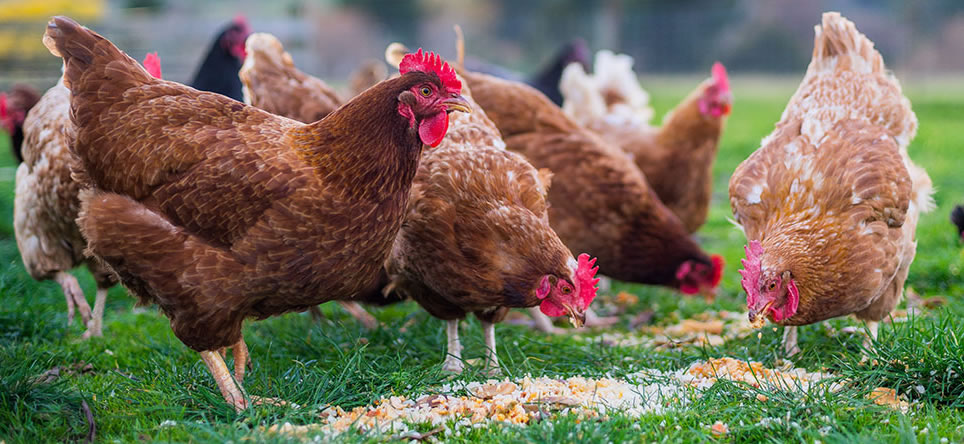
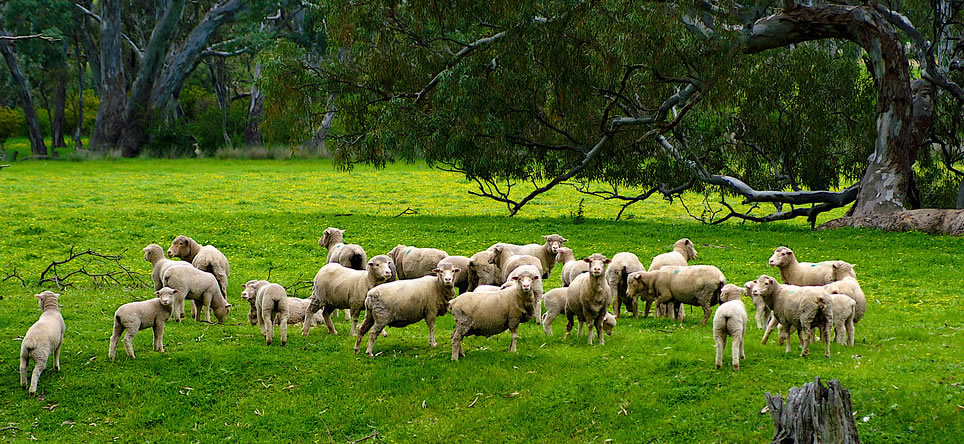
![]()
Eco-Friendly
SOLUTIONS
for LIVESTOCK
NUTRITION
Maximise Mineral Nutrition with Probiotic Liquid Seaweed
- Optimise digestive function
- Decrease worms and gut borne diseases
- Improve feed utilisation & nutrient conversion
- Assist animals under stress
How to use Liquid Seaweed for Livestock
SONIC cold processed Liquid Seaweed Mineral Supplement for animals is a chelated mineral concentrate, added to animal feed or water, or administered, undiluted, as a drench. See Application Rates and Methods. It can also be used as an inoculant on hay, as a grain soak (activator) or sprayed on grazing land.
“The sheep rarely have a problem with worms, and the quality of the grass is much better.”

